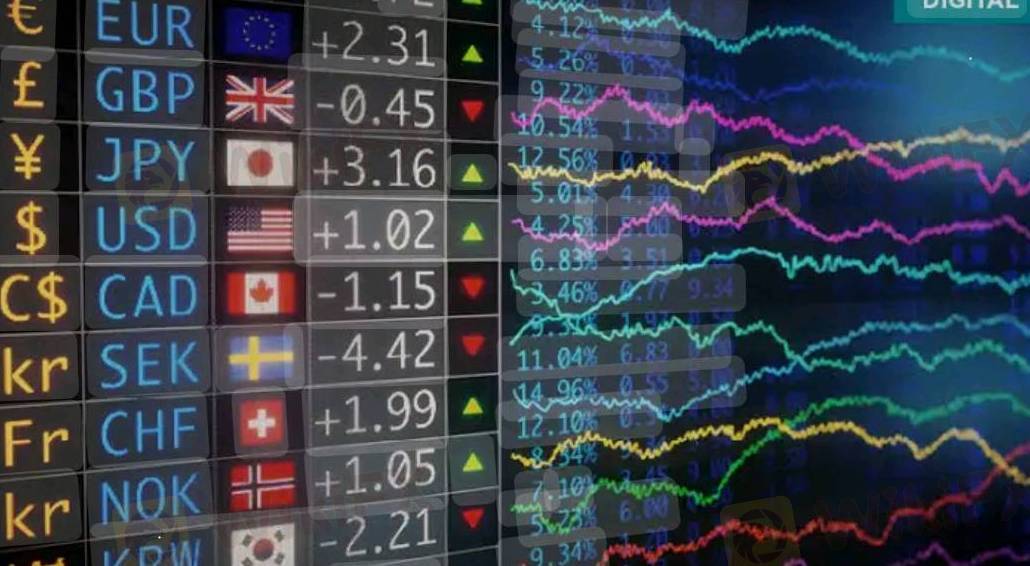
2025-05-31 01:14
IndustryDifferences between forex and stock market.
#CommunityAMA
Here’s a detailed comparison of the key differences between the forex and stock markets:
📊 Forex vs. Stock Market: Key Differences
Feature Forex Market Stock Market
What is traded Currency pairs (e.g., EUR/USD, USD/JPY) Company shares (e.g., Apple, Tesla)
Market size Largest market globally (~$7.5 trillion daily volume) Smaller (~$100–200 billion daily volume in major exchanges)
Trading hours 24 hours a day, 5 days a week (Sunday night to Friday night) Typically 9 AM – 4 PM local time, Monday to Friday (depends on exchange)
Liquidity Extremely high (especially in major pairs like EUR/USD) High for major stocks, but less than forex
Volatility High, often affected by geopolitical and economic news Variable—can be lower, but spikes with earnings or major news
Leverage available Very high (up to 100:1 or more, depending on the broker and regulations) Lower leverage (usually 2:1 for retail investors in the U.S.)
Regulation Light in some regions; varies globally Heavily regulated (SEC in U.S., FCA in UK, etc.)
Number of instruments Fewer (mostly currency pairs) Thousands (stocks, ETFs, derivatives)
Market structure Decentralized (OTC – over-the-counter) Centralized (exchanges like NYSE, NASDAQ)
Price influencers Economic indicators, interest rates, geopolitics, central banks Company earnings, news, leadership, industry trends
Trading costs Mostly spreads, possibly swap/rollover fees Spreads, commissions, taxes (depending on country)
Ownership No ownership—you're speculating on currency value changes Owning a piece of a company (equity)
Suitability Popular for short-term traders (day trading, swing trading) Suitable for both traders and long-term investors
🧠 Summary
Forex is better for:
High liquidity and 24-hour access
Short-term, fast-paced trading
Trading based on macroeconomic trends
Stocks are better for:
Long-term investment and dividend income
Company-specific analysis
Building wealth through equity ownership
Like 0
gsgss1622
Analyzer
Hot content
Industry
Event-A comment a day,Keep rewards worthy up to$27
Industry
Nigeria Event Giveaway-Win₦5000 Mobilephone Credit
Industry
Nigeria Event Giveaway-Win ₦2500 MobilePhoneCredit
Industry
South Africa Event-Come&Win 240ZAR Phone Credit
Industry
Nigeria Event-Discuss Forex&Win2500NGN PhoneCredit
Industry
[Nigeria Event]Discuss&win 2500 Naira Phone Credit
Forum category

Platform

Exhibition

Agent

Recruitment

EA

Industry

Market

Index
Differences between forex and stock market.
 Singapore | 2025-05-31 01:14
Singapore | 2025-05-31 01:14#CommunityAMA
Here’s a detailed comparison of the key differences between the forex and stock markets:
📊 Forex vs. Stock Market: Key Differences
Feature Forex Market Stock Market
What is traded Currency pairs (e.g., EUR/USD, USD/JPY) Company shares (e.g., Apple, Tesla)
Market size Largest market globally (~$7.5 trillion daily volume) Smaller (~$100–200 billion daily volume in major exchanges)
Trading hours 24 hours a day, 5 days a week (Sunday night to Friday night) Typically 9 AM – 4 PM local time, Monday to Friday (depends on exchange)
Liquidity Extremely high (especially in major pairs like EUR/USD) High for major stocks, but less than forex
Volatility High, often affected by geopolitical and economic news Variable—can be lower, but spikes with earnings or major news
Leverage available Very high (up to 100:1 or more, depending on the broker and regulations) Lower leverage (usually 2:1 for retail investors in the U.S.)
Regulation Light in some regions; varies globally Heavily regulated (SEC in U.S., FCA in UK, etc.)
Number of instruments Fewer (mostly currency pairs) Thousands (stocks, ETFs, derivatives)
Market structure Decentralized (OTC – over-the-counter) Centralized (exchanges like NYSE, NASDAQ)
Price influencers Economic indicators, interest rates, geopolitics, central banks Company earnings, news, leadership, industry trends
Trading costs Mostly spreads, possibly swap/rollover fees Spreads, commissions, taxes (depending on country)
Ownership No ownership—you're speculating on currency value changes Owning a piece of a company (equity)
Suitability Popular for short-term traders (day trading, swing trading) Suitable for both traders and long-term investors
🧠 Summary
Forex is better for:
High liquidity and 24-hour access
Short-term, fast-paced trading
Trading based on macroeconomic trends
Stocks are better for:
Long-term investment and dividend income
Company-specific analysis
Building wealth through equity ownership
Like 0
I want to comment, too
Submit
0Comments

There is no comment yet. Make the first one.

Submit
There is no comment yet. Make the first one.